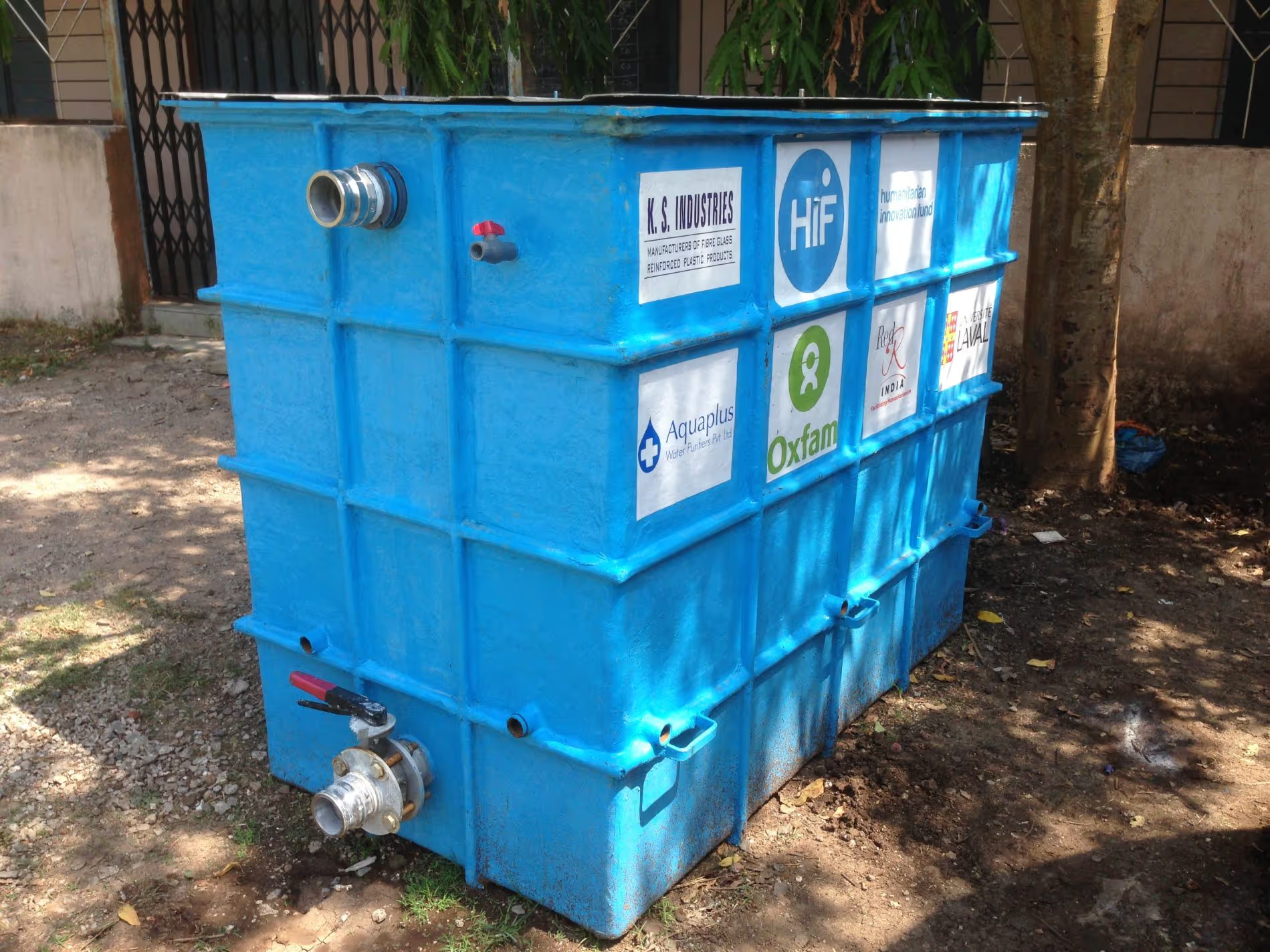Final Report: The inclined Plate Settler – Juba deployment

Decision-making for humanitarian health organisations in armed conflict, where combatants often violently interfere with humanitarian operations, is fraught with ethical challenges. Health workers often find themselves confronted with dilemmas where answers consistent with humanitarian values and standards do not exist, requiring what Hunt et al. (2012) describe as the need to choose a ‘least-worst option’. De Waal (2010) refers to these challenges as among humanitarianism’s ‘inescapable cruelties’, and argues that they are an unavoidable consequence of working at odds with the interests of powerful forces of war.
In light of this need, the study team, including members from the Johns Hopkins Bloomberg School of Public Health (JHSPH), the Syrian American Medical Society (SAMS), and the International Rescue Committee (IRC), sought to better understand the ethical challenges that humanitarian health organisations face in violent settings, and their implications for decision-making in such contexts. This chapter presents a preliminary analysis of themes and relationships from key informant interviews with managerial staff of humanitarian organisations operating in Syria. Interviews were conducted between January and March 2017 in Gaziantep, Turkey and Amman, Jordan, which serve as key hubs for organisations working in northern and southern Syria. The interviews formed part of the first phase of a two-year study entitled, ‘Ethical challenges in humanitarian health in situations of extreme violence’